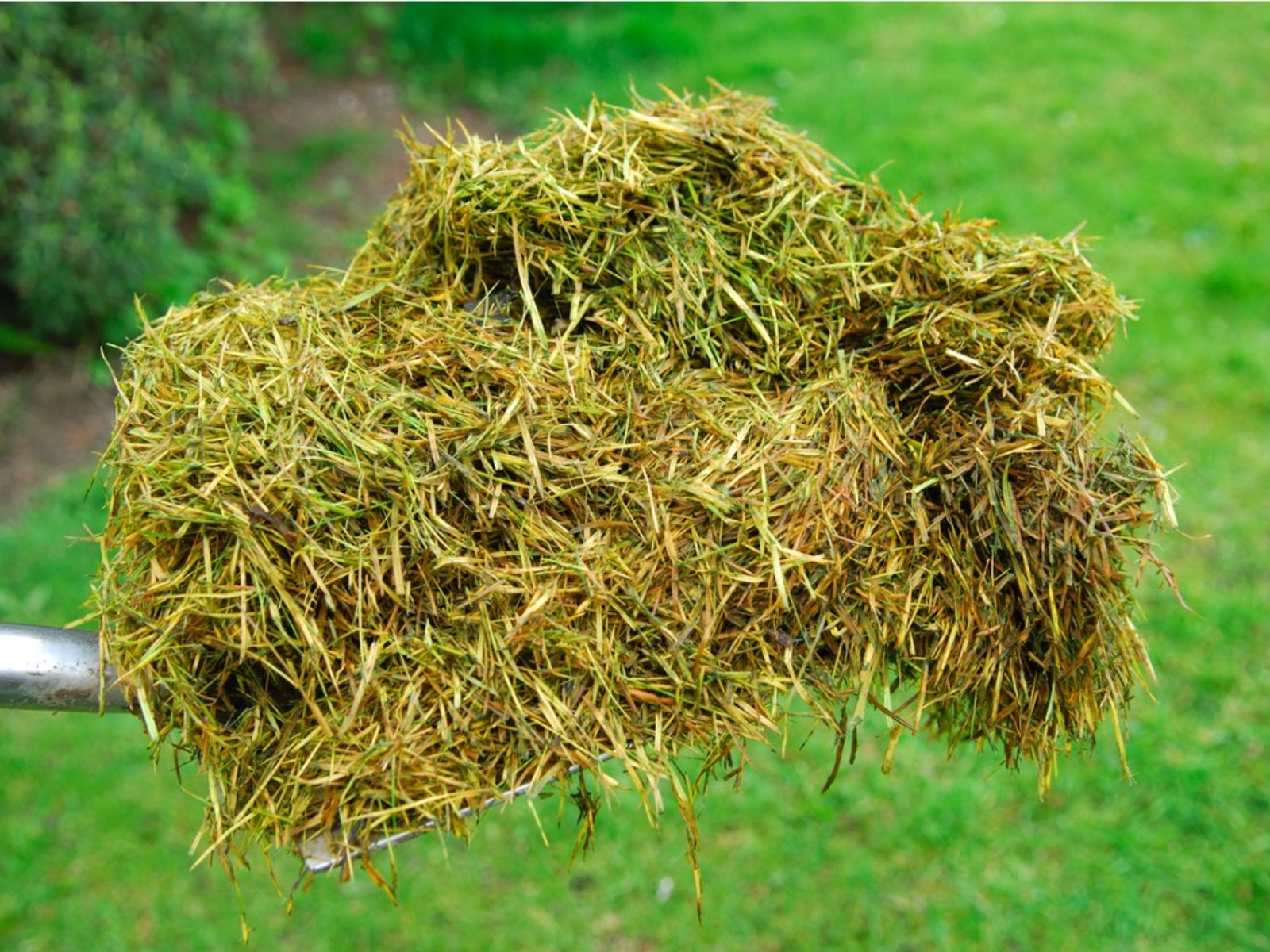Grass Clipping Composting: Making Compost With Grass Clippings


Making compost with grass clippings seems like a logical thing to do, and it is, but you do need to be aware of some things about composting lawn grass before you go ahead and do it. Knowing more about composting with grass clippings means that your overall compost pile will be better off.
What to Know Before Composting Lawn Grass
The first thing to know before adding grass clippings to your compost pile is that you don't have to compost your grass clippings. Gathering up cut grass to compost can be a big chore and if you mow your lawn properly, it is an unnecessary chore.
Cutting your lawn at the proper height and with the proper frequency means that the clippings will decompose naturally on your lawn without posing any harm. In fact, allowing grass clippings to decompose on your lawn naturally will help to add nutrients to the soil and reduce your lawn's need for fertilizer.
If you need to remove your lawn clippings though, you still need to know more about the process of making compost with grass clippings. Most importantly, you need to be aware that freshly cut grass is considered a ‘green' material in your compost pile.
A compost pile needs to have a proper balance of green and brown material in order to decompose properly, so when you are composting with grass clippings that are freshly cut, you need to make sure that you also add browns, such as dry leaves. But if you have allowed your grass clippings to dry out completely before you add them to your compost pile (they will be brown in color), they are then considered brown material.
Many people also have concerns about composting lawn grass that has been treated with herbicide and how that will affect their compost. If you are composting residential lawn clippings, then the herbicide that can legally be used on your lawn is required to be able to break down within a matter of a few days and should not pose any further danger to other plants that receive compost made from these grass clippings.
But if you are using grass clippings from a non-residential location such as a farm or a golf course, there is a significant chance that the herbicides used on these grass clippings may take weeks or even months to break down and therefore, can pose a threat to plants that receive compost made from these kinds of grass clippings.
Sign up for the Gardening Know How newsletter today and receive a free copy of our e-book "How to Grow Delicious Tomatoes".
How to Compost Grass
One may think that grass clipping composting is as easy as just tossing the grass into the compost pile and then walking away. This is not true, especially if you are talking about fresh grass clippings.
Because grass is a green material and tends to form a mat after being cut and piled, simply tossing grass clippings into your compost pile can result in a slow and/or smelly compost pile. This is due to the fact that grass can become compacted and overly wet, which prevents aeration and leads to the death of the microbes that make composting happen.
In other words, improperly handled grass clippings in the compost heap can result in a putrid, mucky mess. Instead, when making compost with grass clippings, make sure that you mix or turn the grass clippings into the pile. This will help distribute the green material evenly through the pile and will prevent the grass from forming a mat in the pile.
Composting with grass clippings is a great way to recycle the nutrients your lawn uses and to add much needed green materials to your compost pile. Now that you know how to compost grass, you can take advantage of this abundant resource and help keep landfills just a little less filled.

Heather Rhoades founded Gardening Know How in 2007. She holds degrees from Cleveland State University and Northern Kentucky University. She is an avid gardener with a passion for community, and is a recipient of the Master Gardeners of Ohio Lifetime Achievement Award.